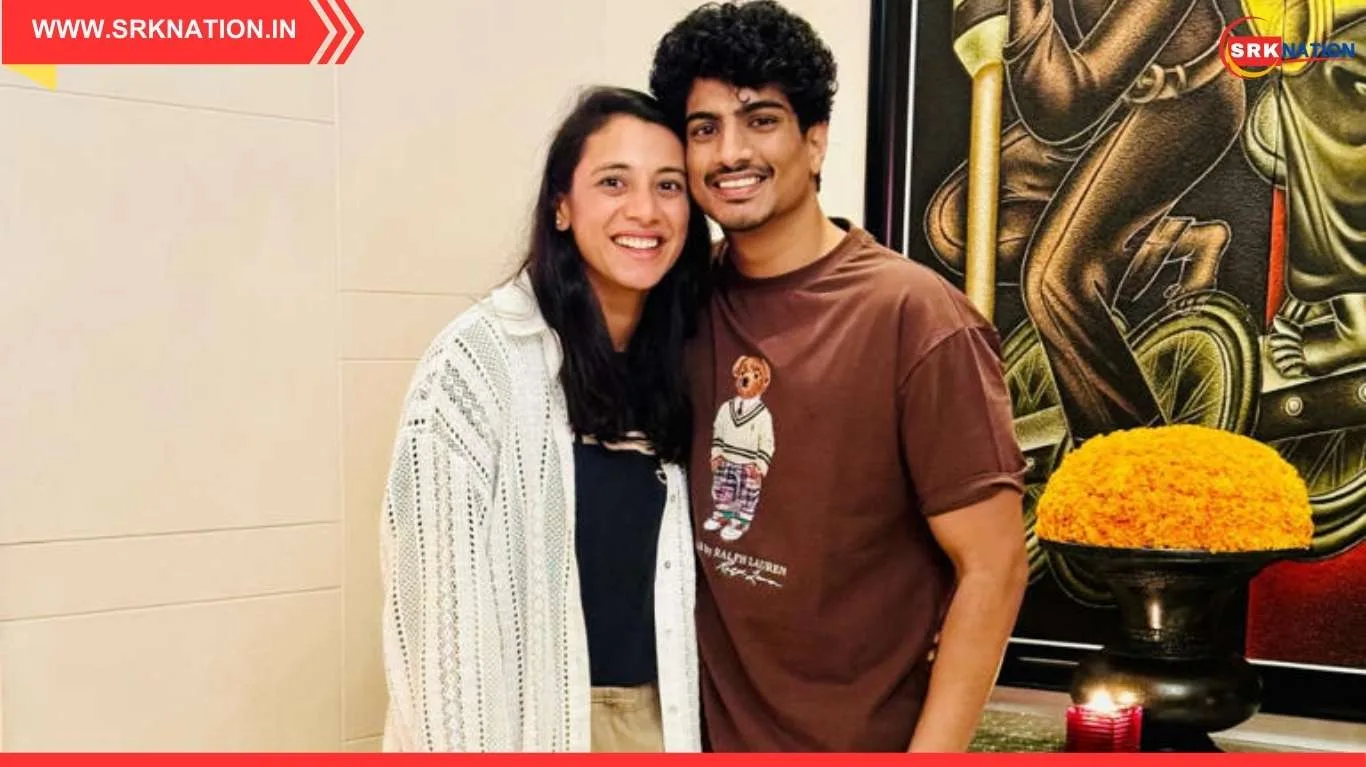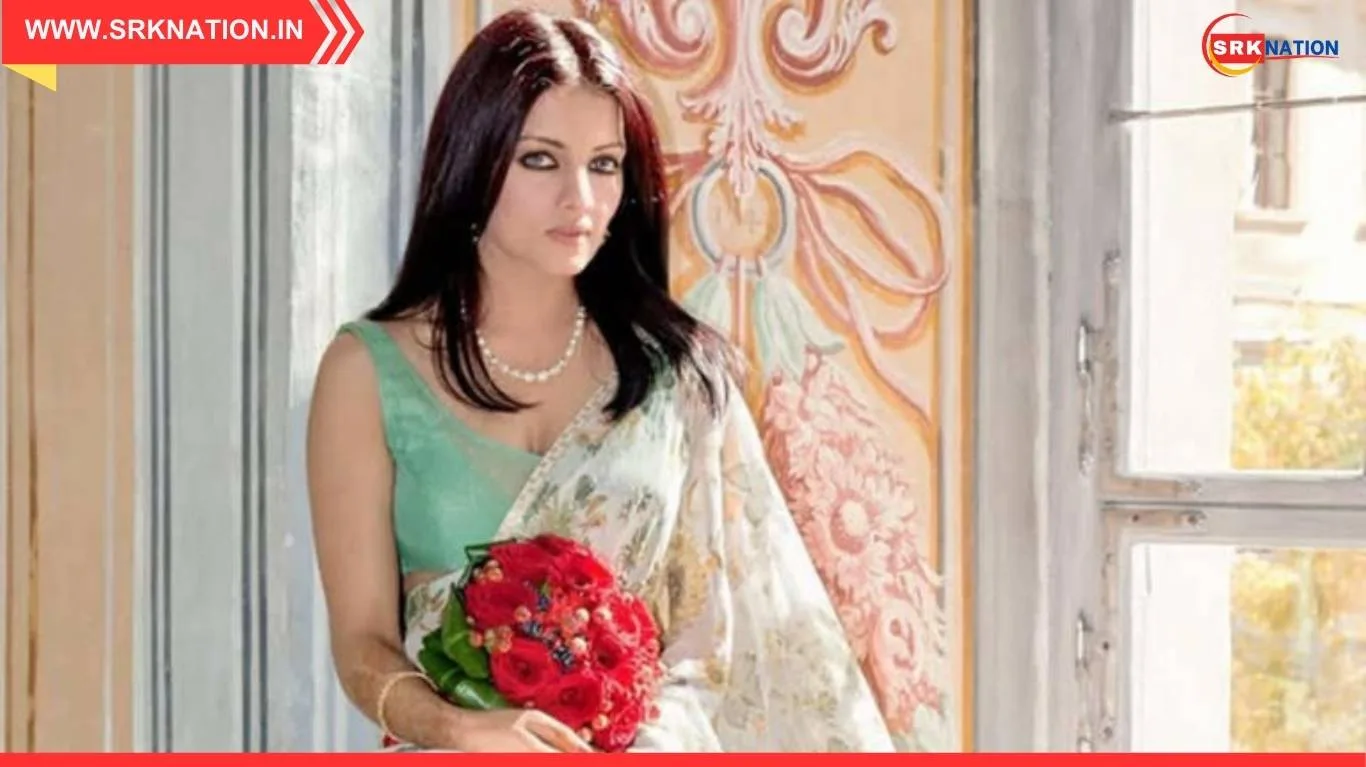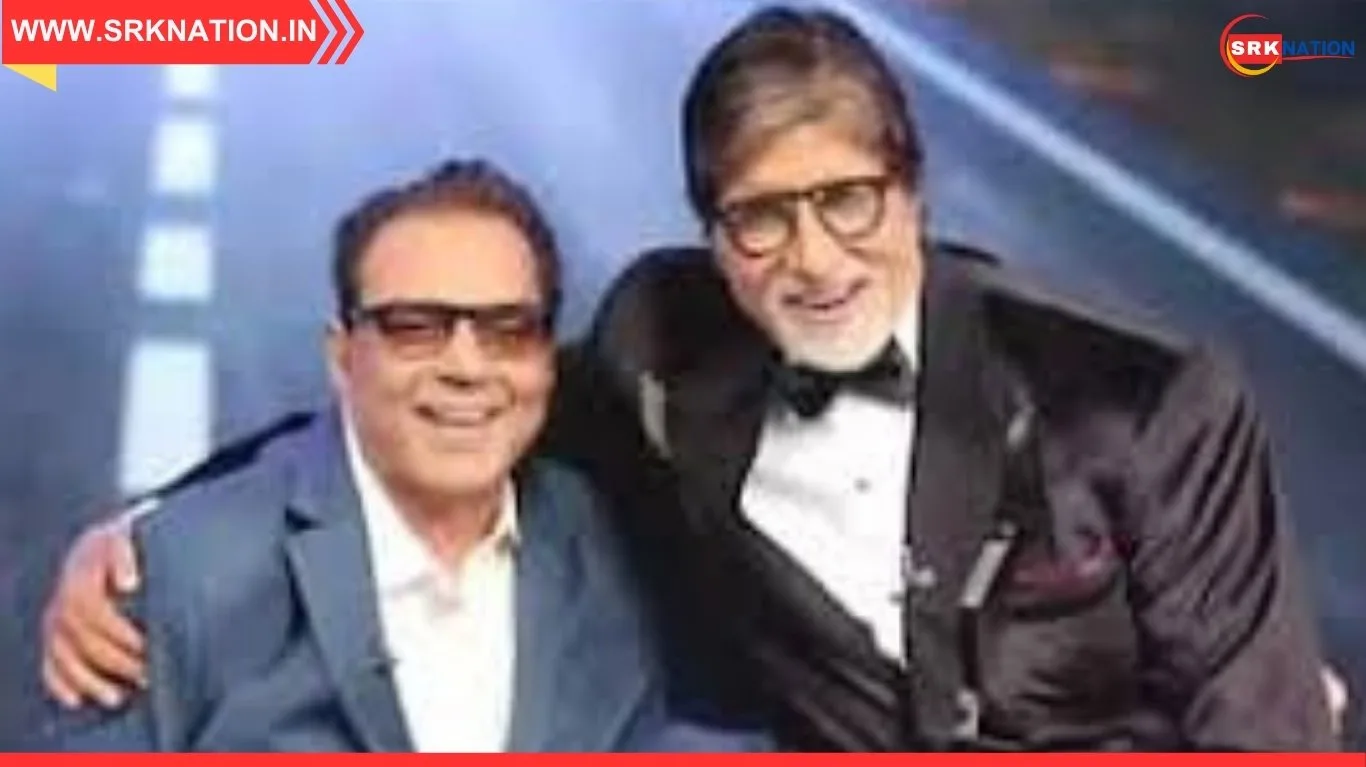The Indian film and theatre fraternity is mourning the loss of veteran Bengali actor Basanti Chatterjee, who passed away at the age of 88 after a prolonged battle with cancer. Known for her powerful performances, emotional depth, and decades-long contribution to Indian cinema, Chatterjee’s demise marks the end of an era for Bengali and Indian performing arts.
A Legendary Career Spanning Six Decades
Basanti Chatterjee’s acting career spanned over 60 years, during which she appeared in more than 150 films, countless theatre productions, and several television serials. She was known for seamlessly transitioning between the stage and screen, bringing an unmatched authenticity to her roles.
Her career began in the late 1950s with small theatre productions in Kolkata. Over time, her dedication, versatility, and ability to portray complex characters made her a favourite among directors like Satyajit Ray, Mrinal Sen, and Tapan Sinha.
Notable Works and Achievements
Basanti Chatterjee’s performances have been etched in the history of Indian cinema. Some of her most celebrated works include:
| Year | Film/Play | Director | Role |
|---|---|---|---|
| 1964 | Charulata | Satyajit Ray | Supporting role with deep emotional impact |
| 1975 | Ek Je Chhilo Raja | Tapan Sinha | Lead female role |
| 1981 | Kharij | Mrinal Sen | Critically acclaimed performance |
| 1992 | Ganadevata | Asit Sen | Matriarchal figure |
| 2005 | Bhalo Theko | Goutam Halder | Elderly mentor role |
She also played memorable characters in television serials that connected with Bengali households, including family dramas, historical adaptations, and contemporary social issue-based stories.
Her Influence on Theatre
Before becoming a household name in cinema, Chatterjee was deeply involved in Bengali theatre, performing in productions staged at Nandikar, Bohurupee, and other prestigious theatre groups. Her ability to convey emotions on stage with minimal props and raw expression earned her critical acclaim.
Awards and Recognition
Over her lifetime, Basanti Chatterjee was honoured with numerous awards for her contribution to the arts.
| Award | Year | For Contribution In |
|---|---|---|
| BFJA Award | 1978 | Best Supporting Actress |
| Sangeet Natak Akademi Award | 1996 | Theatre |
| National Film Award (Special Mention) | 2003 | Lifetime contribution to cinema |
| Bengal Film Journalists’ Award | Multiple years | Various films |
| Padma Shri | 2010 | Arts and Culture |
These accolades reflect her consistent excellence and dedication to the craft.
Personal Struggles and Health Battle
In recent years, Basanti Chatterjee had been diagnosed with cancer, a battle she fought quietly, avoiding public appearances. According to close family sources, she remained strong-willed and continued to mentor young actors until her health deteriorated in the past few months. She reportedly underwent multiple treatments but eventually succumbed to the illness at her Kolkata residence surrounded by family.
Colleagues and Industry Tributes
Tributes have been pouring in from across the film industry:
- Aparna Sen: “Basanti-di was a mentor and a friend. Her wisdom and warmth will be missed beyond words.”
- Soumitra Chatterjee’s family: “She and Soumitra-da shared an unspoken understanding on stage. It’s a loss for all of us who grew up watching them together.”
- Rituparna Sengupta: “An entire generation of actors owes a debt to Basanti-di for her guidance and inspiration.”
Social media platforms have been flooded with heartfelt posts from fans who recall her roles from iconic films and her stage appearances.
Cultural Impact of Basanti Chatterjee’s Work
Basanti Chatterjee’s work often reflected the socio-cultural transitions of Bengal—from the traditional household dynamics of the 60s to the more complex socio-political narratives of the 80s and 90s. Her characters often embodied dignity, resilience, and an inner strength that resonated with audiences.
Her portrayals also challenged stereotypes, giving depth to women’s roles in cinema at a time when female characters were often sidelined. This made her an important figure in women-centric narratives in Bengali films.
Chronology of Career Milestones
| Decade | Milestone | Contribution |
|---|---|---|
| 1950s | Theatre debut | Joined Nandikar Theatre Group |
| 1960s | First film appearance | Supporting roles in art-house films |
| 1970s | Breakthrough | Lead roles in socially relevant cinema |
| 1980s | National recognition | Awards for Kharij and other films |
| 1990s | Television debut | Popular in family serials |
| 2000s | Mentor phase | Guided young actors and directors |
| 2010s | Lifetime honour | Padma Shri awarded for contribution to arts |
Final Days and Funeral Arrangements
According to her family, Basanti Chatterjee’s final rites will be performed at a Kolkata crematorium with full respect from the theatre and film fraternity. Several cultural organisations are planning memorial performances and screenings of her films as a tribute to her legacy.
Legacy That Lives On
Basanti Chatterjee leaves behind a rich legacy that extends beyond her body of work. She was a teacher, mentor, and advocate for the arts. Many young actors she trained are now prominent in Bengali theatre and cinema, carrying forward her ethos of discipline and authenticity in performance.
Her journey stands as a testament to the power of perseverance, talent, and the belief that art can shape society.
Disclaimer: This news article is based on publicly available information and tributes from colleagues, fans, and family. It aims to commemorate the life and career of Basanti Chatterjee without making unverified claims.











